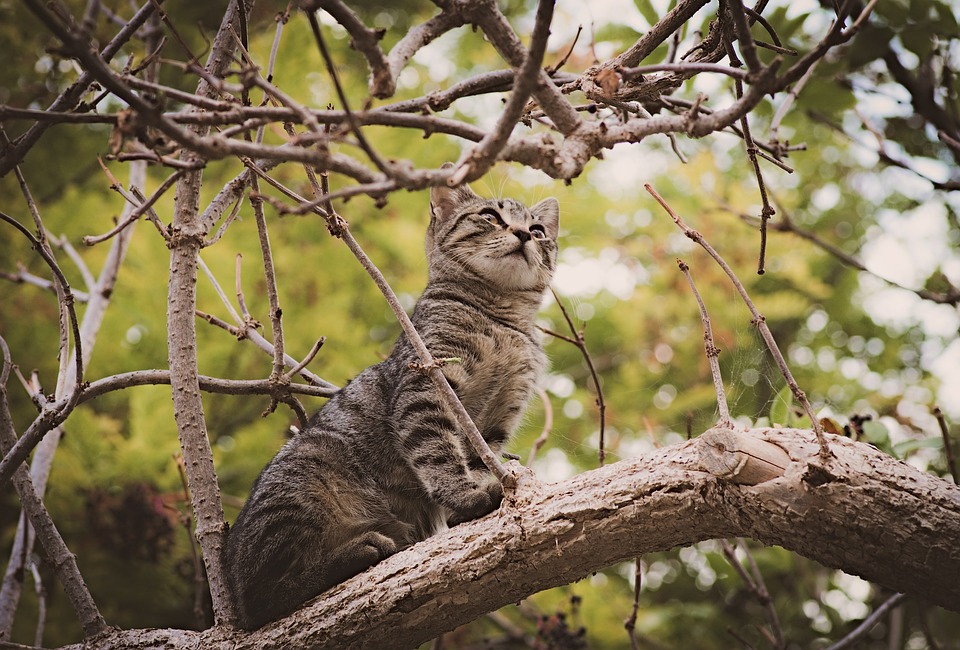Feline Herpesvirus, also known as Feline Viral Rhinotracheitis (FVR), is a common viral infection that affects cats worldwide. While it primarily affects the respiratory system, it can also have a significant impact on a cat’s eye health. In this article, we will explore the causes, symptoms, treatment options, and preventive measures you can take to protect your feline companion’s eyes from the effects of Feline Herpesvirus.
Feline Herpesvirus is caused by the feline herpesvirus type 1 (FHV-1), which is highly contagious and can be easily transmitted among cats. It spreads through direct contact with an infected cat’s saliva, nasal discharge, or ocular secretions. Kittens can also acquire the virus from their mothers during birth. Cats that are stressed, have a weakened immune system, or live in crowded environments are more susceptible to the virus.
When Feline Herpesvirus infects a cat’s eyes, it can cause a condition known as feline viral conjunctivitis. This leads to symptoms such as redness, swelling, discharge, squinting, and sensitivity to light. The virus can also cause corneal ulcers, which, if left untreated, can result in long-term eye damage and vision loss.
Treatment options for Feline Herpesvirus aim to manage the symptoms and prevent complications. Your veterinarian may prescribe antiviral medications to help reduce viral replication and control the infection. Additionally, supportive care measures such as applying warm compresses to the eyes, cleaning discharge with a sterile saline solution, and providing a stress-free environment can alleviate discomfort and promote healing.
Preventing the transmission of Feline Herpesvirus is crucial to protect your cat’s eye health. Vaccination is an effective preventive measure, and it is recommended for all cats, especially those at higher risk. Regular vaccination helps boost the cat’s immune system and reduces the severity of the infection if they are exposed to the virus.
Maintaining good hygiene practices can also play a vital role in preventing Feline Herpesvirus transmission. Wash your hands thoroughly after handling an infected cat, and avoid sharing items such as bedding, food bowls, and litter boxes between infected and non-infected cats. Keeping your cat’s living space clean and providing adequate ventilation can also help reduce the risk of infection.
Here are some frequently asked questions about Feline Herpesvirus:
1. Can Feline Herpesvirus be cured?
Unfortunately, there is no cure for Feline Herpesvirus. However, with proper management and supportive care, the symptoms can be controlled, and the cat’s quality of life can be improved.
2. Are there any breeds more susceptible to Feline Herpesvirus?
All cats can be susceptible to Feline Herpesvirus, regardless of their breed. However, certain factors such as stress, a weakened immune system, and living conditions can increase the risk of infection.
3. Can humans contract Feline Herpesvirus from infected cats?
No, Feline Herpesvirus cannot be transmitted from cats to humans. It is a specific virus that only affects felines.
4. Can Feline Herpesvirus lead to blindness in cats?
If left untreated, Feline Herpesvirus can cause corneal ulcers and severe eye damage, potentially leading to vision loss. It is essential to seek veterinary care promptly to prevent such complications.
5. Is it safe to introduce a new cat to a household with a Feline Herpesvirus-infected cat?
Introducing a new cat to a household with an infected cat carries a risk of transmission. It is recommended to consult with your veterinarian and take appropriate preventive measures to minimize the risk.
6. Can stress trigger Feline Herpesvirus outbreaks?
Yes, stress can trigger Feline Herpesvirus outbreaks. Cats that are stressed or have a weakened immune system are more susceptible to flare-ups. Minimizing stressors in your cat’s environment and providing a calm and comfortable space can help prevent outbreaks.
In conclusion, Feline Herpesvirus can have a significant impact on your cat’s eye health, causing discomfort and potential long-term damage. It is crucial to be aware of the symptoms, seek appropriate treatment, and take preventive measures to protect your furry friend. By following the guidelines provided in this article, you can ensure your cat’s eyes stay healthy and minimize the impact of Feline Herpesvirus on their well-being. Remember, regular veterinary check-ups and open communication with your veterinarian are key to maintaining your cat’s eye health and overall happiness.








